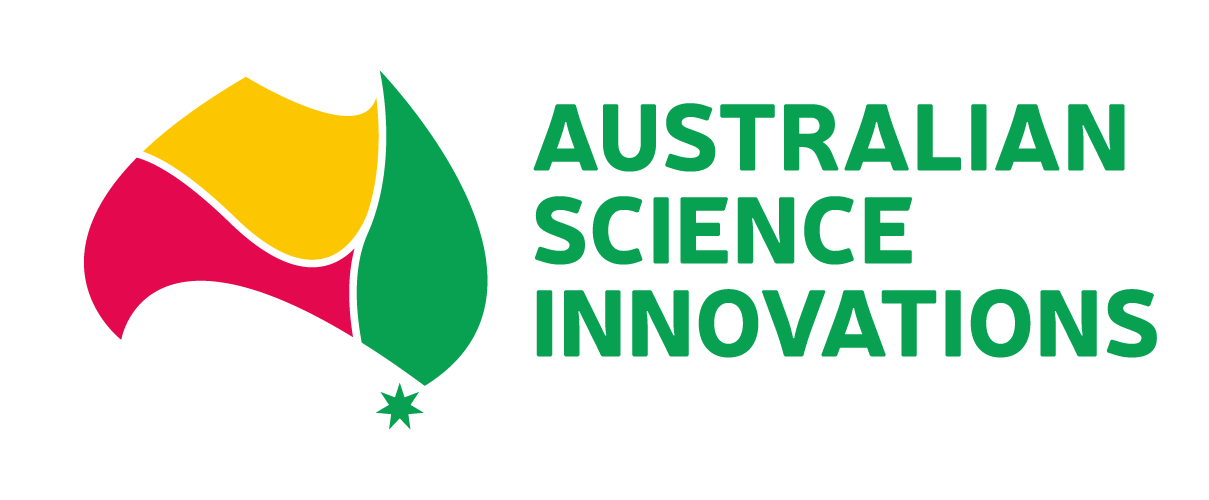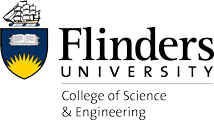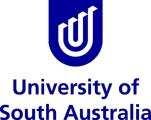POSTED 1:37pm May 13, 2019
Melbourne student finishes in top 20% at Asian Physics Olympiad
China takes home biggest medal haul
Australia’s young physics champions who competed at the first Asian Physics Olympiad to be hosted in
Australia have won a bronze medal and two honourable mentions. Bronze medal winner Stephen Catsamas, a Year 12 student from Marcellin College in Melbourne, scored in the top 20 per cent of the competition.
The honourable mentions went to Year 12 Canberra students Rosemary Zielinski from Merici College, and Simon Yung from Narrabundah College. They received their awards at the Asian Physics Olympiad closing ceremony at the Adelaide Convention Centre on Sunday.
Eight Australian students from Melbourne, Sydney, Canberra, Perth and Sutton, NSW were among 168 competitors from 22 other Asian countries and regions who sat demanding five-hour experimental and theory exams in a contest recognised as Asia’s toughest physics competition for high school students.
“Our Olympiad team has worked hard across many months to develop their physics skills at a university level. It’s great that their determination has paid off in what was a really tough competition against powerhouse nations such as China and Russia,” says Siobhan Tobin, Physics Program Director, Australian Science Olympiads program.
Contestants from China, Russia and Israel attained the top 10 scores of the competition. The overall winner, Gregorii Bobkov from Russia, achieved the highest combined score in the two exams. His prize includes an offer of undergraduate study tuition at the University of Adelaide.
China top scored in the competition with six gold, one silver and one bronze medal, followed by Russia with two gold, four silver and one bronze medal. Special prizes sponsored by the University of Adelaide and Australian Institute of Physics were also awarded to the theoretical exam winner Ruoyu Yan and runner up Kangyao Chen, both from China; experimental exam winner Rassul Magauin from Kazakhstan and runner up Vladimir Malinovskii from Russia; best female performer Shu Ge from Singapore; and best Australian performer, Stephen Catsamas.
In the theory paper of the competition, students were asked to tackle two problems motivated by current physics research in the use of reflectometry techniques for measuring quantum systems, and figuring out the properties of jets emanating from black holes. The third question explored the complicated motion of an unusual spinning top. In the practical exam, students conducted an experiment on the properties of a substance called ferrofluid that changes its shape in the presence of a magnetic field. They used a range of measuring techniques, including a video camera.
“This is one of the most fiercely contested physics competitions for high school students in the world, and we are proud of our Australian contestants and their supporters for bringing out the best of our students’ abilities at this international level,” says Ruth Carr, Executive Director of the official organiser, Australian Science Innovations.
Based on their performance at the Asian Physics Olympiad, five of the eight-member Australian team will be chosen to represent Australia at the 2019 International Physics Olympiad in Israel in July. The week-long Asian Physics Olympiad program, held in Adelaide from 5 to 13 May, included a range of cultural and educational activities, including visits to Adelaide schools and universities, and a team challenge where students from different countries worked in mixed teams to find a solution to carbon neutral heating for Adelaide’s Bicentennial Conservatory, which is the southern hemisphere’s largest single-span glasshouse.
The 20th Asian Physics Olympiad was brought to Australia by Australian Science Innovations and funded by the Federal Department of Industry, Innovation and Science. It was supported by the University of Adelaide, Flinders University, University of South Australia, and 90 volunteers.
Click here to view the full results list.




